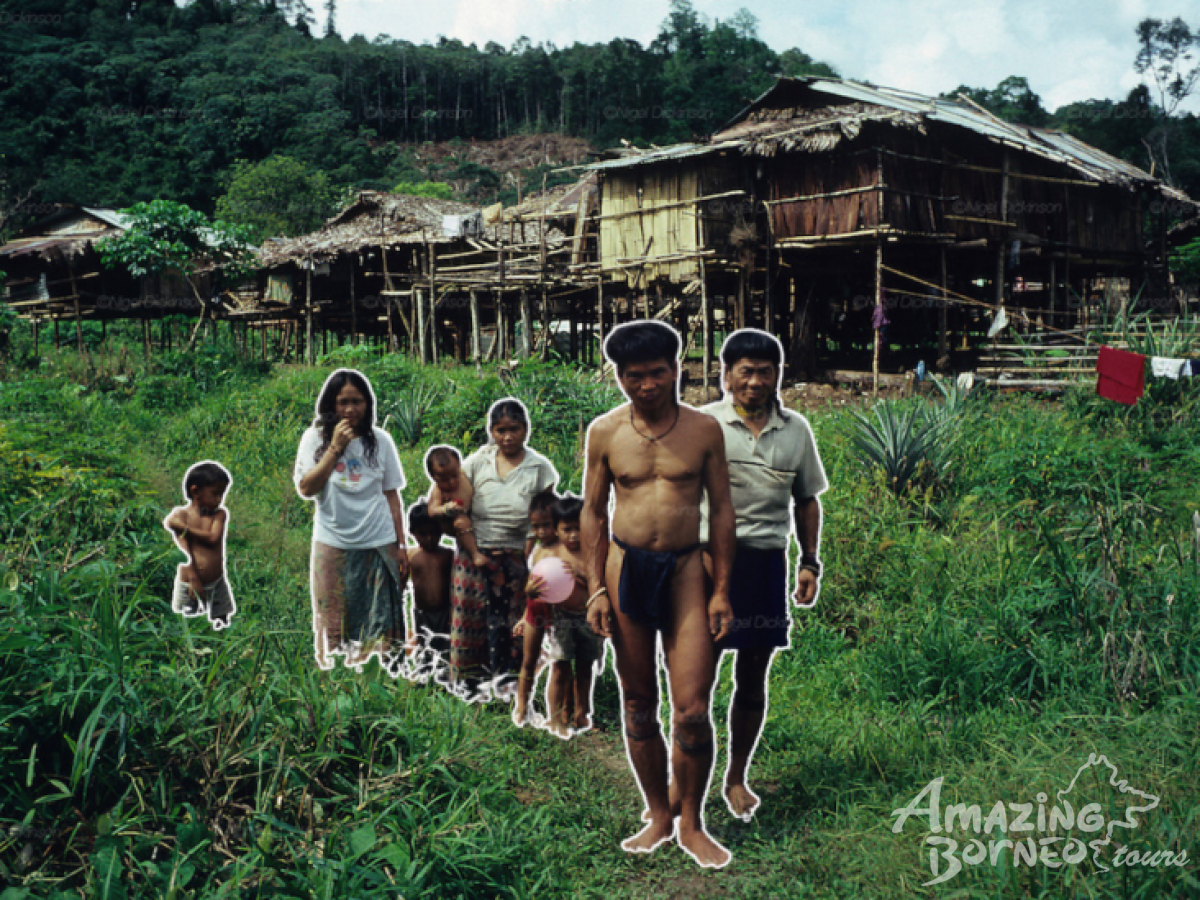Deep within the limestone karst landscapes and ancient rainforests of Mulu National Park lives one of Borneo's most distinctive indigenous groups – the Penan. Traditionally nomadic hunter-gatherers, they represent an important part of Borneo's cultural diversity as one of the Orang Ulu ("upriver people") of Sarawak.
While some have settled into permanent villages like those near the UNESCO-listed Mulu Park, significant numbers continue living nomadically, completely removed from modern society and urban development, sustained entirely by the forest's resources.
As development reshapes Borneo's landscapes, the Penan stand as the last truly nomadic people on the island, representing a disappearing way of life that offers profound lessons for our relationship with nature.
"Molong" Philosophy & Environmental Advocacy
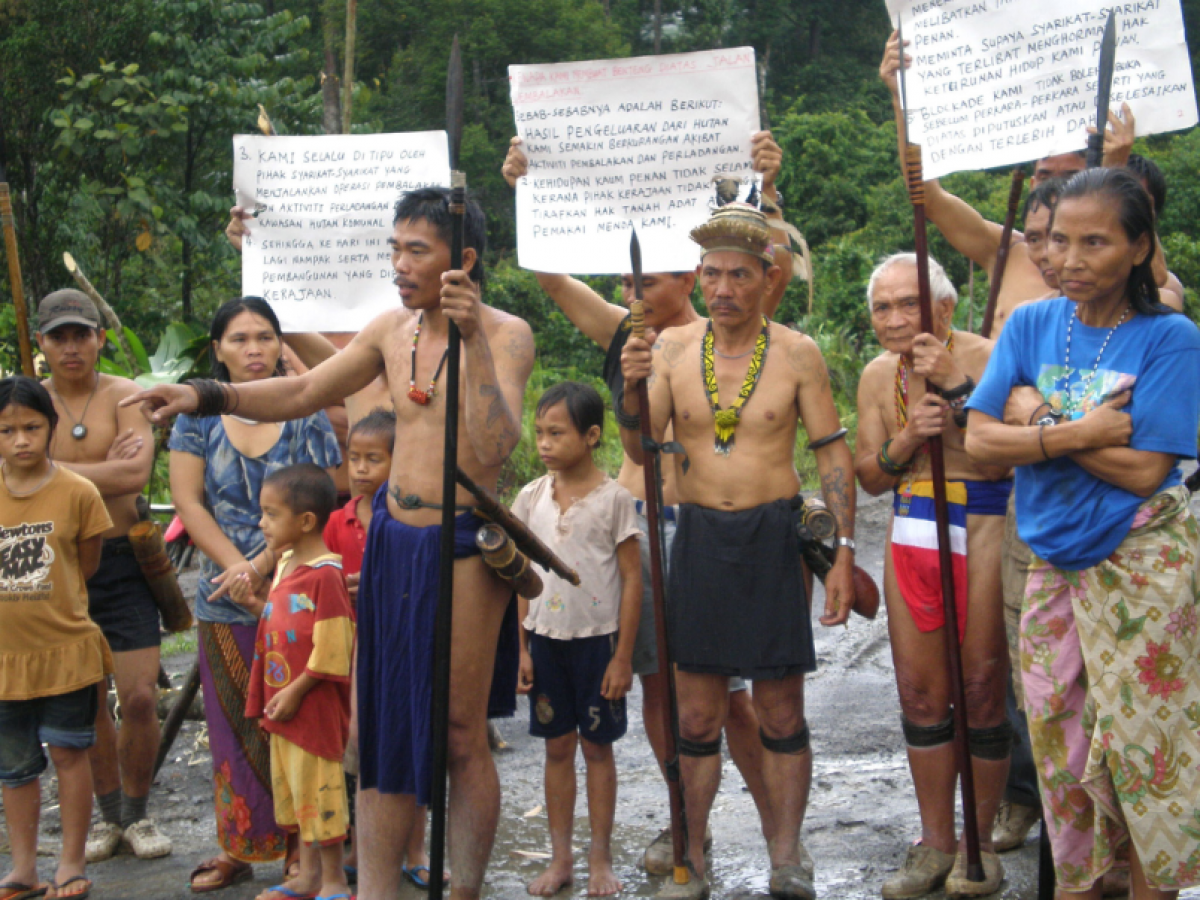
At the centre of Penan culture lies "molong" – an environmental ethic that means "never taking more than necessary." This principle has positioned the Penan as natural defenders of Borneo's ecosystems through:
- Selective hunting using hand-crafted blowpipes (kelepud) with natural tajem tree toxins
- Sustainable harvesting practices for forest resources like sago palm, their staple food source
- Active resistance against illegal logging that threatens their ancestral lands
- Conservation partnerships with organisations like the Bruno Manser Fund
This combination of traditional ecological knowledge and contemporary advocacy reflects the Penan's deep connection to the forest that sustains their cultural identity.
The Penan Settlement at Mulu National Park
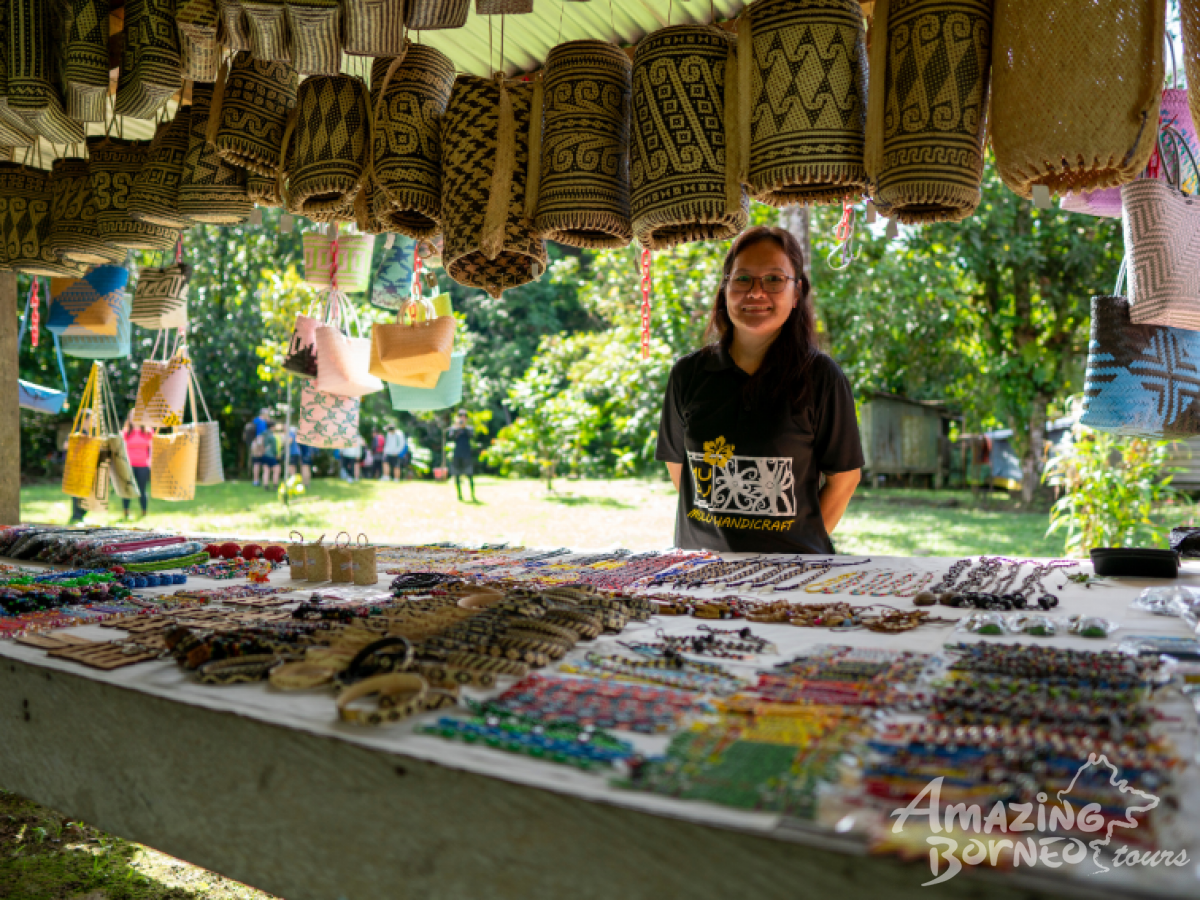
The Penan community near the Melinau River provides visitors with opportunities to experience traditional skills that have evolved over generations:
- Artisans creating woven baskets, mats, and beadwork using traditional techniques
- Community members demonstrating blowpipe hunting techniques
- Cultural exchanges that offer insights into Penan history and traditions
Visit the Penan settlement on our 2D1N Mulu Show Caves tour with Park HQ stay: Book Here.
Responsible Tourism Supporting Cultural Preservation
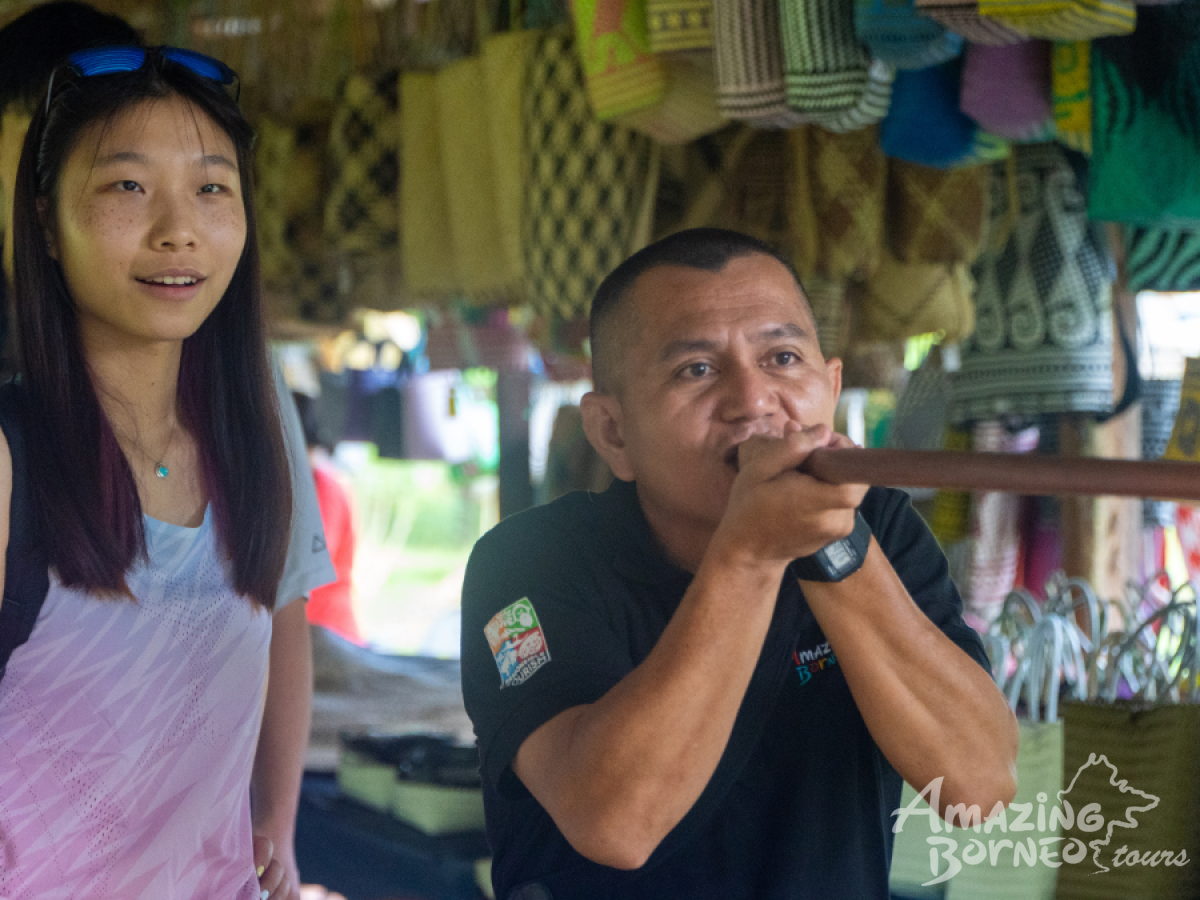
For travellers seeking authentic cultural experiences, the Penan settlement offers meaningful engagement opportunities through:
- Guided experiences where visitors can learn about Penan traditions
- Opportunities to purchase handicrafts directly from artisans
- Cultural exchanges focused on traditional knowledge and forest conservation
For those considering visiting Mulu and its indigenous communities:
- Ask permission before taking photos of individuals or sacred sites
- Purchase authentic handicrafts to support local livelihoods
- Follow eco-friendly practices – avoid plastic waste and respect the environment
- Engage with local guides to ensure respectful interaction
Practical Travel Guide: How to Visit Mulu Park & the Penan Settlement
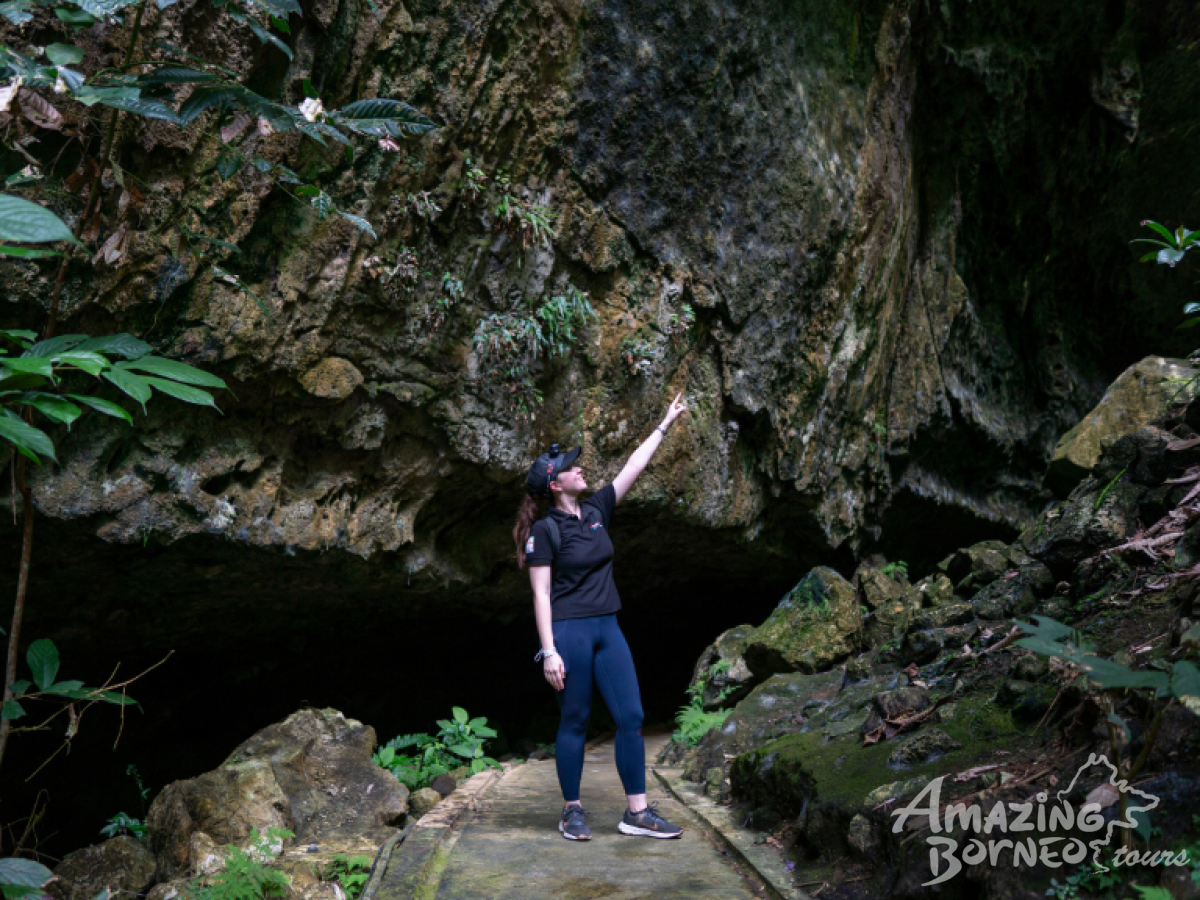
How to Get to Mulu National Park
- By Air: The nearest airport is Mulu Airport (MZV), with direct flights from Miri, Kuching, and Kota Kinabalu operated by MASwings
- By Boat: Travellers can take a riverboat from Miri or Marudi, though this option is less common due to time constraints
Where to Stay in Mulu
Eco-lodges and homestays provide sustainable accommodations that support local communities, such as:
- Mulu Marriott Resort & Spa (luxury option)
- Mulu National Park Lodges (budget-friendly)
- Local Homestays in the Penan village (for an immersive experience)
Important Notes for Visitors
- No ATMs available in the park – bring sufficient cash
- Pack light, breathable clothing and sturdy hiking shoes
- The Penan primarily speak their native language and Bahasa Malaysia, with some community members speaking English
Upgrade your Mulu Park exploration with a Mulu Marriott stay: Book Here.
Why Visiting the Penan Settlement is a Must-Do in Mulu
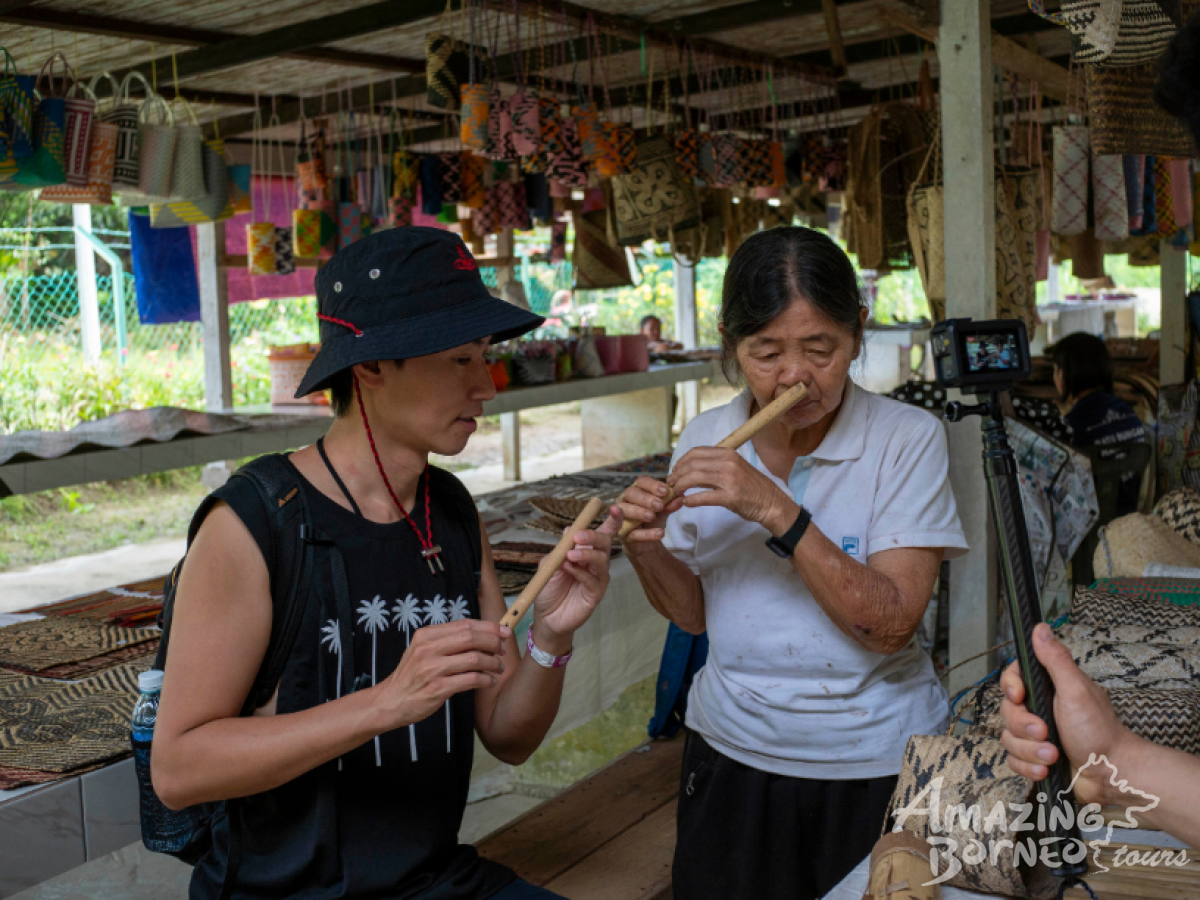
The Penan's ongoing cultural adaptation represents a critical case study in indigenous resilience. Their traditional knowledge systems offer valuable insights for global sustainability challenges, while their contemporary advocacy demonstrates indigenous leadership in environmental protection.
In an era of rapid ecological change, the Penan's story reminds us that indigenous communities aren't merely historical relics but living knowledge keepers whose insights may prove essential to creating sustainable futures for forests worldwide.
For travellers seeking authentic connections with Borneo's heritage, responsible engagement with the Penan community provides opportunities to support cultural preservation while gaining deeper understanding of sustainable forest relationships.

